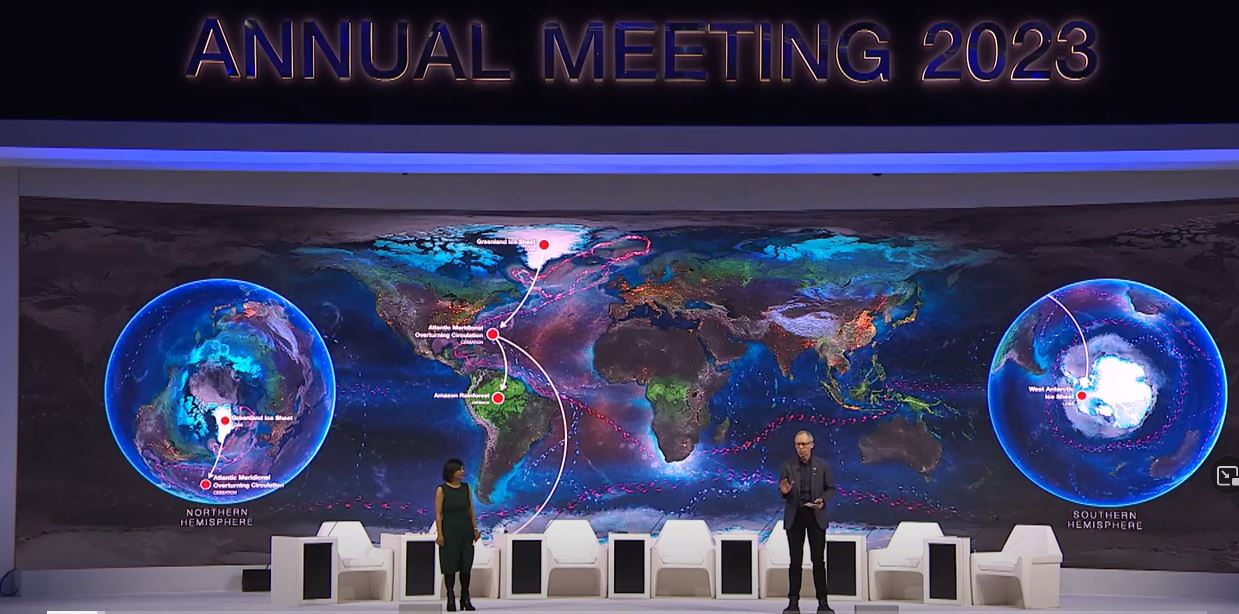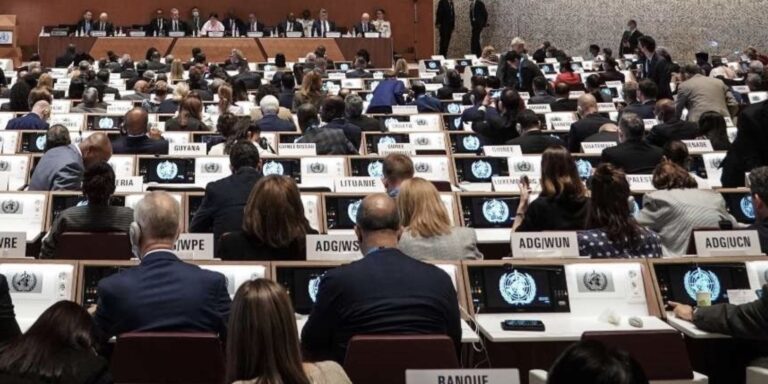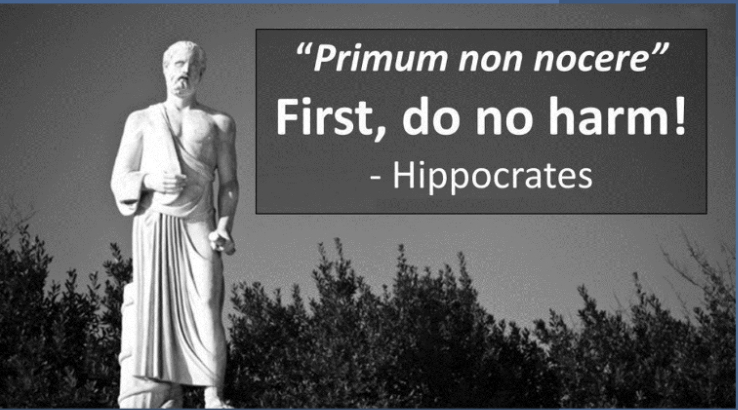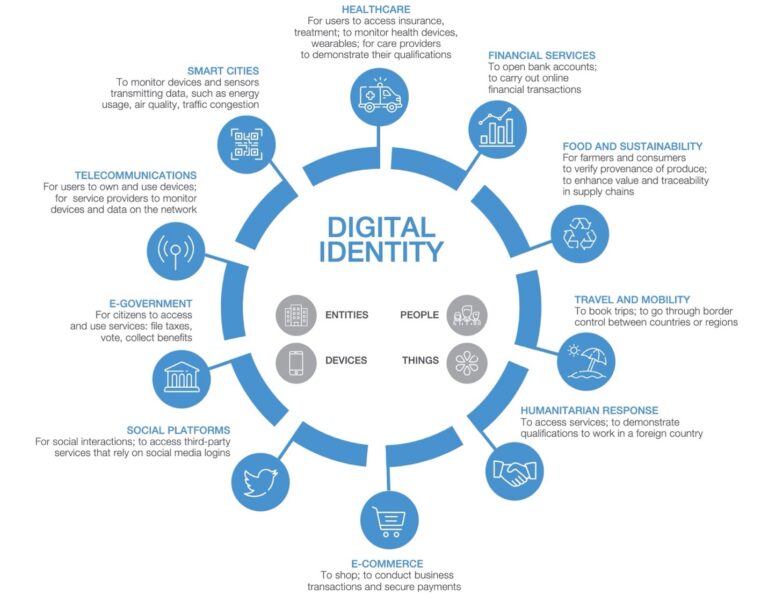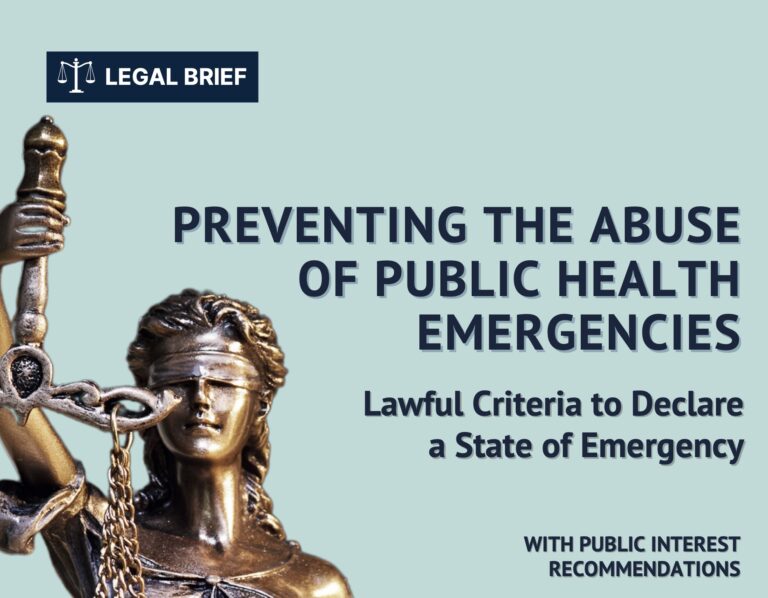This article is a repost with the kind permission from the author
The theme of the World Economic Forum’s annual meeting in Davos 2023 was “Cooperation in a Fragmented World”. In many ways, this year appears as an in-between-year, even though certain central components of the continuing agenda were introduced. Topics were mainly focused on climate change and the war in Ukraine, but other themes such as Central Bank Digital Currency (CBDC) and eerie visions of monitoring our brain activity were also discussed. (Ready for Brain Transparency?)
New technology was also highlighted by the fact that WEF, in collaboration with Microsoft and Accenture, this year offered the “The Global Village” option for virtual meetings in Metaverse.[1] Maybe it’s time for our “world improvers” to move in there permanently?
Prior to the meeting, there had been rumours about WEF chairman Klaus Schwab being seriously ill and not attending (this was discussed during a session on disinformation), that the meeting could be seen as a failure and that many prominent profiles in politics and economics were absent.[2] Klaus, however, was very much alive and well. He personally participated in introducing the ten world leaders who gave speeches, including European Commission President Ursula von der Leyen, Finnish Prime Minister Sanna Marin, German Chancellor Olaf Scholz, Ukrainian President Volodymyr Zelensky and UN Secretary General Antonio Guterres.[3]
Before the meeting, the WEF, through its annually published Global Risks Report, had introduced the concept of Polycrisis. A state of several interconnected crises with catastrophic consequences.
…present and future risks can also interact with each other to form a ‘polycrisis’ – a cluster of related global risks with compounding effects, such that the overall impact exceeds the sum of each part.[4]
It indicates that we obviously cannot count on a quiet moment in the coming years. The “new normal” means an era of great interconnected crises, including famine, debt defaults, and increasing inequality in the world. To solve these problems, new global control systems in five sub-areas were proposed at the meeting:
- Energy and climate
- Investments and trade
- Advanced technology
- Work, education and health
- Cooperation in a multipolar world
The global technocrats will come to our rescue and save the world with smart systems. This vision is also closely connected to the agenda initiated in 2020 with the WEF’s The Great Reset Initiative and UN’s Our Common Agenda.
There is a growing need for a new global system that is more stakeholder based and equipped to handle the dynamics of the 21st century.
The pandemic that triggered this process was not as prominent a topic this year as in previous years, although it was honoured with a couple of sessions.[5]
In the “State of the Pandemic” panel, not a word was uttered about all the record-breaking numbers of serious side effects and deaths recorded after the global campaign of mass treatments with the new experimental intervention (which surely qualifies as disinformation).[6] Instead, the official narrative was reiterated: that the injections helped open up our societies and gave us our liberties back. The only scandalous issue highlighted in the panel was that some parts of the world’s population did not receive their promised doses. In other words – “no vaccine justice”.
The two panelists Seth Berkley from GAVI – The Vaccine Alliance and Stéphane Bancel from Moderna discussed, among other things, how this problem could be addressed in the future – naturally completely without self-interest (irony). When asked how better results could be achieved, Michelle Williams, dean of the Chan School of Public Health at Harvard (established in 1922 through a donation from the Rockefeller Foundation), said:
The worst thing we did in the US was then people expressed hesitancy or curiosity, we basically said to them “follow the science” and that is the absolute wrong thing to do. What you have to do, if you are really interested in communicating information that will motivate people to change their behaviour, you have to take the approach of meeting them where they are and explaining it and presenting the information in a way where they will adopt the desirable behaviour and feel good about it.
According to her, it’s about packaging the message in a way that produces the desired outcome. This represents a cynical top-down perspective where the subjects are to be induced to make the right choices by adopting an individually tailored manipulation strategy. Williams clearly favours female cunning over male authority.
The panel also included discussions between the heads of Philips, Merck and Novartis how a more efficient health system will be able to cope with future crises.[7] Their strategies seemed founded in systems thinking, where there is no room for viewing the human being as an individual. She appears to be seen as just another product to be processed using standardised templates, AI and other forms of unproven cutting edge technology. This represents “Rockefeller Medicine” on steroids.
But while the virus scare has reigned as an agent of transformation since WHO declared it a pandemic in March 2020, climate change has now once again resumed its place on the throne as primary global problem. This is the linchpin of the entire agenda.
Klaus Schwab’s close partner, UN Secretary-General Antonio Guterres, set the tone in his speech, delivering another customary symphony of doomsday-laden trumpet blasts about the plight of the planet and the climate before he began to preach about the great saviour in our time of need.
Guterres believes this saviour to be the very private sector participating in the climate revival meetings in Davos, and expects it to play one of the key roles in solving the “climate crisis”.
Guterres further believes that benchmarking and criteria are often “dubious and murky” which can mislead consumers, investors and legislators and give rise to “false narratives” that create a culture of “climate disinformation” and confusion that leaves the door open for greenwashing.
That’s why the UN has created a Net-Zero Expert Group, led by Canada’s former climate minister, lawyer Catherine McKenna (dubbed “Climate Barbie” by her detractors), to provide the right guidance.
Guterres urged the companies gathered in Davos to follow the expert group’s guidelines and transition plans. In order for this “glorious mission” to deliver, however, governments must stop undermining the central role of business. The governmental and private business sectors must work together in order to meet the global sustainable development goals of Agenda 2030.
We must find avenues to boost the private sectors ability to play its full role for goods. And it must be recognized that in many ways the private sector today is living but it is to a certain extent undermined by government action or the lack of government action. Governments need to create the adequate regulatory and stimulus environments to support the private sector instead of maintaining rules, subsidies and other forms of action that undermine the efforts the private sector to move forward in climate action. And business models and practices must reworked to advancing the sustainable development goals.
According to Guterres, such a partnership should contribute to better economic conditions for women, vaccine justice, and global food security. Although no direct references to the UNs Our Common Agenda were made, the recommendations clearly rest on its train of thought.
In response to Guterres’ calls, the presentation, “Leading the Charge through Earth’s New Normal,” was made by frequent WEF attendee Johan Rockström and his colleague Joyeeta Gupta from Rockefeller Philanthropy Advisors’ Global Commons Alliance (GCA) project. The ensuing conversation also featured WEF stalwarts Al Gore, Marc Benioff (Salesforce) and cellist Yo Yo Ma. Both the WEF and the UN are also included as partners in the Rockefeller project.
During the extremely well-directed and lavish presentation, Rockström and Gupta lined up the current messages off disaster. As stated in the program description:
The world is undergoing interacting crises in food, energy, health and nature that are threatening our way of life and accelerating us towards a global catastrophe.[8]
As if that wasn’t enough, during the panel discussion Rockström’s “planetary guardian” colleague Al Gore spiced up the exaggerations with the already immortal claim that our carbon dioxide emissions give off as much additional warming as if we detonated 600,000 Hiroshima bombs every day! This is Rockefeller Climatology on steroids (take control of the research, replace empiricism with models, exaggerate the dangers into the absurd, and ban all explanatory models except your own).
In relation to “doomsday pornography” statements of this kind, the question was asked:
What visionary leadership is needed for systems thinking, transformative solutions and global collaboration to build a more inclusive, prosperous and sustainable future?
The answer was of course the usual recipe. As always, Rockström formulates the problems and then serves a ready-made cocktail consisting of square systems thinking where everything within the earth system and from a global level can be calculated, analyzed and calibrated to perfection.
All we need to do is hand over the remote control of “Spaceship Earth” to the high priests of the Global Commons Alliance’s own Earth Commission. Under the guidance of the two oracles Rockström and Gupta, we will then remove our excess carbon dioxide and march straight into the ubiquitously monitored arms of the sustainable utopia (read more about this in my latest book The Digital World Brain, soon available in English).
Even the aforementioned Al Gore was told during his own session about his project Climate Trace, how massive data collection of the world’s carbon dioxide emissions collected via satellite surveillance could provide a basis for the climate oracle’s knowledge bank.[9]
In order to secure the financing of the major climate transformation, the World Economic Forum’s new initiative GAEA – Giving to Amplify Earth Action was also launched (as the first actual program item).[10]

This means that another P may be added to the holy PPP acronym constituting the basic ideology of the World Economic Forum (“the International Organization for Public-Private Cooperation”). The new acronym is PPPP (“Philanthropic Public Private Partnerships for people and planet”) which aims to actively transform and control the entire earth system. This also echoes the recommendations of Tharman Shnamugaratnam (G30 chairman, WEF board member, and member of UN High Level Advisory Board on Effective Multilateralism) to use philanthropic capital to fulfill the sustainable development goals.[11]
In the background, besides WEF, we find the usual armada of billionaire-operated foundations such as the Bezos Earth Fund, ClimateWorks, the IKEA Foundation, CIFF, The Rockefeller Foundation, UN Foundation, and Wellcome Trust, as well as companies and organisations such as Crescent Enterprises (a family business from the United Arab Emirates), United Nations, Columbia University, and WAPPP – World Association of PPP Units & PPP Professionals. Several of these partners are already part of the Global Commons Alliance.
With the ubiquitous global consultancy firm McKinsey as Knowledge Partner, GAEA will bring together leaders, identify solutions, refine funding models and then replicate successful approaches in more areas.[12]
In the closing remarks of the WEF annual meeting, delivered by WEF chief executive Börge Brende, reassurance was given that the WEF has some new cards in its deck, to be presented during the coming year.
Our community of young leaders has been working to forge solutions also this week.
The global horde of well-drilled “Schwab Jugend” have not been idle. In addition, the swiftly growing community of even younger Global Shapers (“Schwab Kindergarten”) has opened its own department in Davos. Börge, who was Norway’s foreign minister from 2012-2017 and is a member of the Bilderberg Group’s steering committee, concluded by citing a couple of familiar phrases from the WEF’s worn out handbook of platitudes:
We can shape a more resilient, sustainable and equitable future but the only way to do so is together.[13]
We will certainly not escape the plans and platitudes of the world improvement elite next year either. The next upcoming revival meeting is the World Government Summit February 13-15 in Dubai under the theme “Shaping Future Governments”.
References
[1] WEF (2023), Press Conference: How to Build a Metaverse for All
[2] WEF (2023), The Clear and Present Danger of Disinformation
[3]World Economic Forum – Annual Meeting 2023, List of Public Figures
[4] WEF (2023), We’re on the brink of a ‘polycrisis’ – how worried should we be?
[5] WEF (2023), State of the Pandemic
[6] Läkemedelsverket (2022), Läkemedelsverkets årsredovisning 2021
[7] WEF (2023), Health Systems: Building through Disruption
[8] WEF (2023), Leading the Charge through Earth’s New Normal
[9] WEF (2023), Real Data: Traceability for Greenhouse Gas Emissions
[10] WEF (2023), Press Conference: Philanthropic-Public-Private Partnerships for climate & nature (GAEA)
[11] Tharman, Shanmugaratnam (2022), Confronting a Perfect Long Storm, IMF
[12] WEF (2023), New Initiative to Help Unlock $3 Trillion Needed a Year for Climate and Nature

